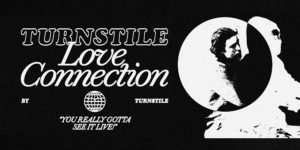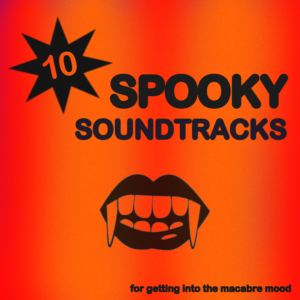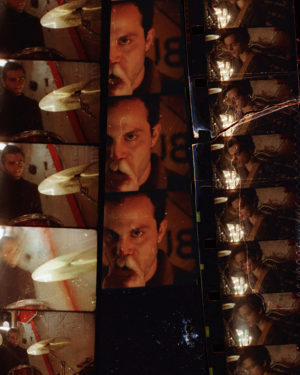
Before Beyoncé reminded us all who “run the world” (girls) and Pussy Riot steered the limelight toward the ongoing battle for true gender equality across the globe, there was Kathleen Hanna. For any young woman with a set of ears pressed to the underground and a mean streak for the progressive living through the ’90s, chances are Kathleen Hanna served as your moral compass, creative inspiration and probably your all-around idol. Flailing, yelping, thrashing, and spewing her feminist doctrines in her sharp Valley Girl accent — she was a radical, kinetic embodiment of the modern woman. Then, she disappeared.
Credited as the catalyst behind the riot grrrl movement, Hanna was not quick to embrace her spot in the limelight. She was reserved, unsettled by fame, and struggling to separate her identity as a frontwoman from her everyday self. Despite her reservations about her widespread renown, her voice grew louder and surer with each passing year, ruffling and aggravating critics with each utterance. In 2005, as her “feminist party band” Le Tigre began to ascend into the mainstream, the critics were granted their wish. Hanna didn’t just shut up, though — she vanished from the public eye altogether. Sini Anderson’s first feature-length documentary, “The Punk Singer,” fills in all the blanks, from Hanna’s time in hiding while suffering from Lyme disease to a personal account of riot grrrl’s embryonic stages from the trailblazer herself.
As a whole, “The Punk Singer” is more so an oral history of the concepts that have become synonymous with Hanna than it is a chronicle of the life and times of the woman herself. This shaky focus comes as no surprise when attempting to sketch a portrait of the notoriously press shy pioneer, philosopher, and musician that has transcended the medium that she has come to redefine. Hanna combated patriarchy within punk the way she’s done everything else in her life — in her own damn way — and there were plenty who helped her along the way. Even more just stood back to revel in the crusade she was commanding. A slew of star-studded interview subjects aid in humanizing Hanna as well as understanding the vast origin of her influence. Whether it’s with Bikini Kill bandmate Kathi Wilcox or teen feminist icon Tavi Gevinson, Anderson manages to capture a unique vantage point within each subject that brings her audience one step closer to unraveling the enigma that is Kathleen Hanna. Half the thrill is in the chase; every moment when a thorough understanding of Hanna seems within reach, the pint-sized icon throws yet another curveball.

Hanna’s story doesn’t hold fast to any chronology and tends to meander through pockets of time, because, as Hanna explains, “Things never start at the beginning.” The hazy timeline doesn’t rob the film of its interest, though. Littered with fascinating and star-studded anecdotes (most notably Hanna’s close friendship with Kurt Cobain and her influence over his music), Hanna reveals a refreshing vulnerability that reminds us all that she’s much more than a raging riot grrrl — she’s human. Anderson zeroes in on Hanna’s personal life and philosophies for a majority of the film, but Hanna’s relentless passion for her craft does not go overlooked. The shrill-voiced firecracker’s eyes well with tears as she explains music’s central role in her life as “the only thing that means anything to me.”
Despite the vast supply of Hanna disciples and proponents, “The Punk Singer” never waxes nostalgic; it’s more of a tapestry of revelry for a woman who has orchestrated social revolutions and destroyed frameworks just as quickly. Hanna is always fighting the good fight, whether it’s against her critics or against herself. While “The Punk Singer” declares no clear victor or converges into any moment of finality, one thing remains certain: wherever Kathleen Hanna goes — whether it’s down in history or up in flames — she won’t be going quietly.
Who Should Watch: Anyone in search of a reason to brag about girl power and steal style tricks from the finest ladies of punk.
Who Shouldn’t Watch: Anyone without reverence for punk and its philosophies or no interest in feminism.









